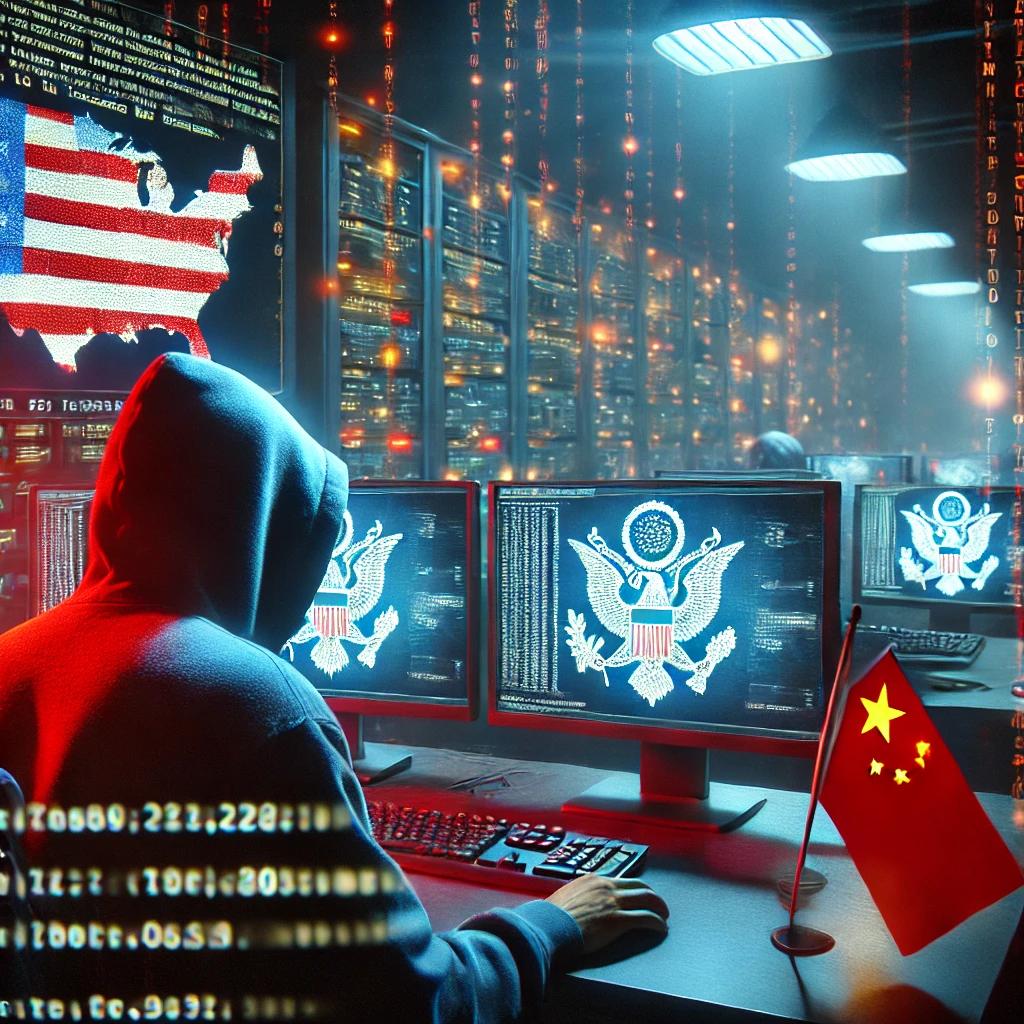Chinese Hackers Accessed US Treasury Workstations in ‘Major’ Cybersecurity Incident
In a significant breach of cybersecurity, Chinese hackers have reportedly accessed workstations within the US Treasury Department, raising alarms about the security of sensitive government data. This incident is not just another tick on the long list of cybersecurity breaches but signals a major concern for national security and the integrity of vital financial information.
The Nature of the Cybersecurity Incident
The breach was described as a sophisticated cyberattack that has placed not only the Treasury’s financial systems at risk but also broader implications for the United States’ economic stability. The hackers, linked to a state-sponsored group, were able to infiltrate systems that manage critical financial data and operations.
Key takeaways from this incident:
- Access to Sensitive Information: The breach involved unauthorized access to workstations that handle sensitive financial information.
- State-Sponsored Actors: The attackers are believed to be affiliated with Chinese state-sponsored hacking groups.
- Long-Term Risks: Such breaches can potentially facilitate espionage, data theft, and even influence operations impacting national security.
Impact on National Security
The implications of this cybersecurity incident are far-reaching. With the hackers having access to US Treasury workstations, the threat extends beyond immediate data theft. It poses a risk to the nation’s financial integrity and could lead to long-term economic repercussions.
Some of the potential impacts include:
- Data Manipulation: Access to financial systems could enable the manipulation of data, affecting market conditions.
- Increased Espionage Risks: State-sponsored hackers may gather intelligence that can be used for strategic advantages against the US.
- Public Trust Erosion: Continuous breaches may erode public trust in government cybersecurity measures and financial institutions.
Response from Government Officials
In light of the breach, government officials have emphasized the need for immediate action to bolster cybersecurity protocols across federal agencies. This incident has prompted urgent discussions regarding the effectiveness of current security measures and the resources allocated to fight cyber threats.
Key responses from government officials include:
- Increased Funding: There are calls for increased funding towards better cybersecurity infrastructure.
- Collaboration with Private Sector: Officials are advocating for enhanced collaboration between government and private cybersecurity firms to share best practices and intelligence.
- Public Awareness Campaigns: Initiatives aimed at educating the public and businesses on the importance of cybersecurity are being discussed.
Preventive Measures Moving Forward
To mitigate risks of future breaches, the US government must adopt a multifaceted approach that focuses not only on technology but also on human behavior.
Some recommended preventive measures include:
- Regular Security Audits: Conducting frequent audits of cybersecurity measures to identify vulnerabilities.
- Employee Training Programs: Implementing training programs to educate employees about phishing and other social engineering tactics.
- Advanced Threat Detection Systems: Investing in AI-driven solutions to anticipate and detect cyber threats in real-time.
The Role of International Cooperation
In battling cybersecurity threats, international cooperation is crucial. Cybercriminals often operate across borders, making it difficult for any one nation to tackle the issue alone. Strengthening international partnerships can help in sharing intelligence and enhancing collective defense mechanisms.
Opportunities for international cooperation include:
- Joint Cybersecurity Exercises: Conducting joint exercises to prepare for potential cyber threats and improve response strategies.
- Information Sharing Agreements: Establishing agreements to share information about emerging threats and vulnerabilities.
- Global Cybersecurity Standards: Advocating for the establishment of global cybersecurity standards to which all nations adhere.
Conclusion
The recent breach of US Treasury workstations by Chinese hackers underscores the urgent need for enhanced cybersecurity measures at all levels of government. As cyber threats continue to evolve, it is essential that the United States remains vigilant and proactive in its defense strategies.
With a combination of advanced technology, increased funding, and international collaboration, the government can better protect itself against future cybersecurity threats.
By learning from incidents like this and implementing robust security measures, the US can work towards a more secure digital future.



